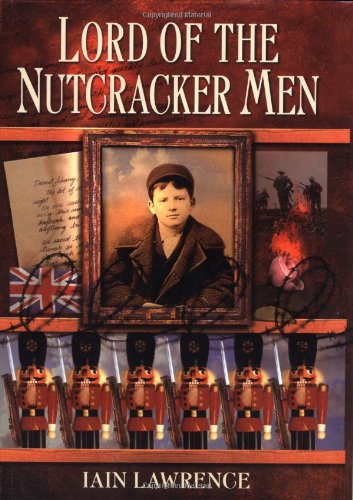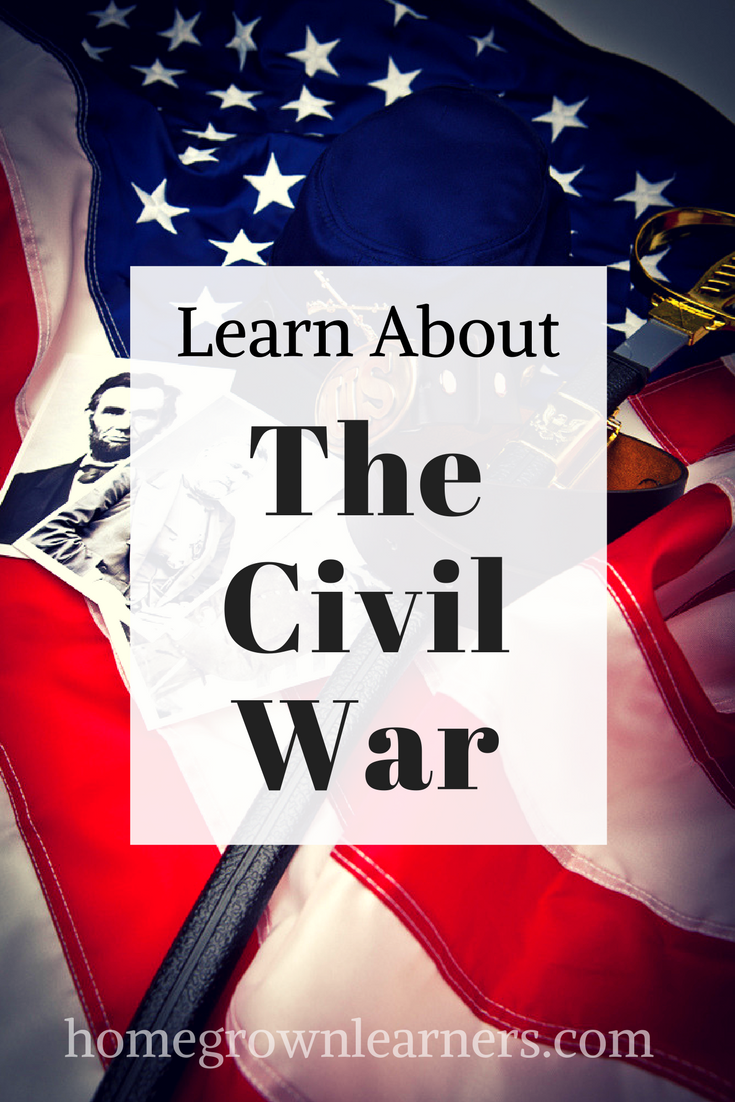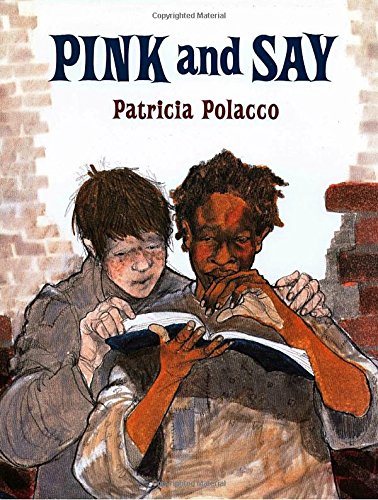Something You Might Be Surprised to Learn About World War 1
Let’s be honest with one another. It was a world-wide war. Volumes could be written (and have been) about the important things we need to know about World War 1.
We could dig in and look at the who, what, when, where, and even why. But my goal here today is to intrigue you!
I want to create a leaping off point. One that entices you to discover more on your own and leaves your students asking for more.
(Do you recall how we used The Story of the World for our history spine? Well, this is what I'm talking about. Sometimes my children would want to learn MORE based on what we had discovered in our history studies.)
A Good Yarn
Not one to give in to a boring list, we are going to use the power of a good story. This is how we learn best. We’re going to start at the beginning. So here is how it goes…
Horses, Providentially Speaking
Horses are special creatures. The history of the horse is a history of God’s Providence. Horses have contributed greatly to the works of man throughout history. Where would we be without the strength of the horse?
Today we tend to think of the Kentucky Derby when we think of horses. We might even see them as a very expensive pet. But there’s more to the story of horses than that.
God certainly used horses to move man across His created world.
Think of the Pony Express, the westward movement of people across our nation, and how the Native American used and depended on the horse.
Farming, covered wagons, the delivery of goods, the movement of cattle—all dependent upon the noble horse.
They were often like family to the individuals who owned them. This makes “the rest of the story” a somewhat sad tale.
Donkeys, Horses, and Mules
When you think of a world war, you may envision tanks.
But, did you know that at the beginning of World War 1 all of the major players started with a cavalry?
By and large, donkeys, horses, and mules were being taken to carry ammunition and supplies to the Front. The animals were uniquely designed to handle the muddy conditions and difficult terrain.
As the war progressed, horses continued to be used by the Russian army. This was mainly due to their lack of technology. But they did have horses.
If you’ve spent time around horses, you already know that they are creatures that require special care. Many died in the war due to poor conditions and terrible weather.
Though horses on the warfront improved morale (a rider loves his mount), the use of horses in the war came at a great cost. One quarter of all equine deaths during the war years were related to battle casualties. It is said that by the end of WW1, Britain had lost one horse for every two men.
Farmers During World War I
But as the different nations acquired these animals from the farmers, there was little thought given to the their outcome. Nor did they think about the outcome for the farmers and people who relied upon them to produce crops.
Unfortunately, the only people guaranteed to return home with horses were the officers. And these were the mounts which they personally owned. When your farm horse was acquired, it was likely the last you would ever see of him.
At a time when horse powered farms exist, the ability to manage the farm was greatly impacted.
Farms still needed to produce food for the nations they served. Can you imagine what the farmer felt when he saw his best horses and work ponies carted off to the Front?
The Livestock Stars of the Story
As sad and disheartening as it is, high numbers of horses died. What else would we expect? How could we expect the animals to overcome machinery?
War technology was advanced-- machine guns, barbed wire, and concrete reinforced trenches. Not to mention the toll that tanks and airplanes had on cavalry.
It’s not long before horses were no longer used on the Western Front and were primarily used on the Eastern Front. Russia’s inability to keep up with technology made them heavily reliant on horses for support.
Naturally, not every horse fell to its death.
Those that came back from the Front were divided into two different classes: 1. the healthiest and youngest of were sold back to the farmers ; 2. the remaining, least healthy and strong in the next class down, were sold at a lesser price.
Some donkeys, horses, and mules were older and weaker. As difficult as this may be to understand, they went to the knacker's yard for meat to feed the population.
It may be surprising, but it was seen as a necessity because of the severe food shortage that hit Europe at the end of the war.
Ode to the Horse
Each nation felt the loss of so many of these special creatures. It wasn’t long before memorials, books, poetry, and even movies showed up to honor them. Memorials such as: Animals in War Memorial, St. Jude’s Church-Hampstead, and the Australian Light Horse.
The special relationship between man and horse is seen far beyond the contributions the horse has made to history.
We can tell the tales from one generation to the next, creating place markers by way of memorials, but literature is the handmaid to history.
And those who tell stories best have left us wonderful resources to consult.
Horses in World War I - the Literature
While on the Front, many soldiers actually wrote poetry about their horses. Have you ever read The War Horse or The Australian Memorial verse?
And you might be familiar with the movie War Horse, but did you know that before it was a movie, it was a book? War Horse is a children’s novel by author Michael Morpurgo. It tells the war story of a horse named Joey during WW1.
The Rest of the Story
Like all of history and the tales that go with it, there are more stories. The story of the horse and the impact it made on history is just the beginning.
You can continue to read about World War 1 through the lens of stories with these book suggestions. Let me know which ones you find yourself calling a “favorite”.
Books for Youngers
Lord of the Nutcracker
Truce
After the Dancing Days
Archie’s War
Private Peaceful
War Game
In Flanders Field
Five Children on the Western Front
Books for Middles
The War to End All Wars
Remembrance
War Horse
Where Poppies Grow
Books for Olders
Rilla of Ingleside
The Guns of August: The Outbreak of WW1
Rilla of Ingleside (Anne of Green Gables, No. 8)Lord of the Nutcracker Men
Truce
After the Dancing Days
Archie's War
Private Peaceful by Morpurgo, Michael [02 August 2012]
War Game: Village Green to No-Man's-Land
In Flanders Fields: The Story of the Poem by John McCrae
In Flanders Fields
Five Children on the Western Front
The War to End All Wars: World War I
War Horse
Where Poppies Grow: A World War I Companion
The Guns of August: The Outbreak of World War I; Barbara W. Tuchman's Great War Series (Modern Library 100 Best Nonfiction Books)







![Private Peaceful by Morpurgo, Michael [02 August 2012]](https://images-na.ssl-images-amazon.com/images/I/51JQBYUd63L.jpg)






























